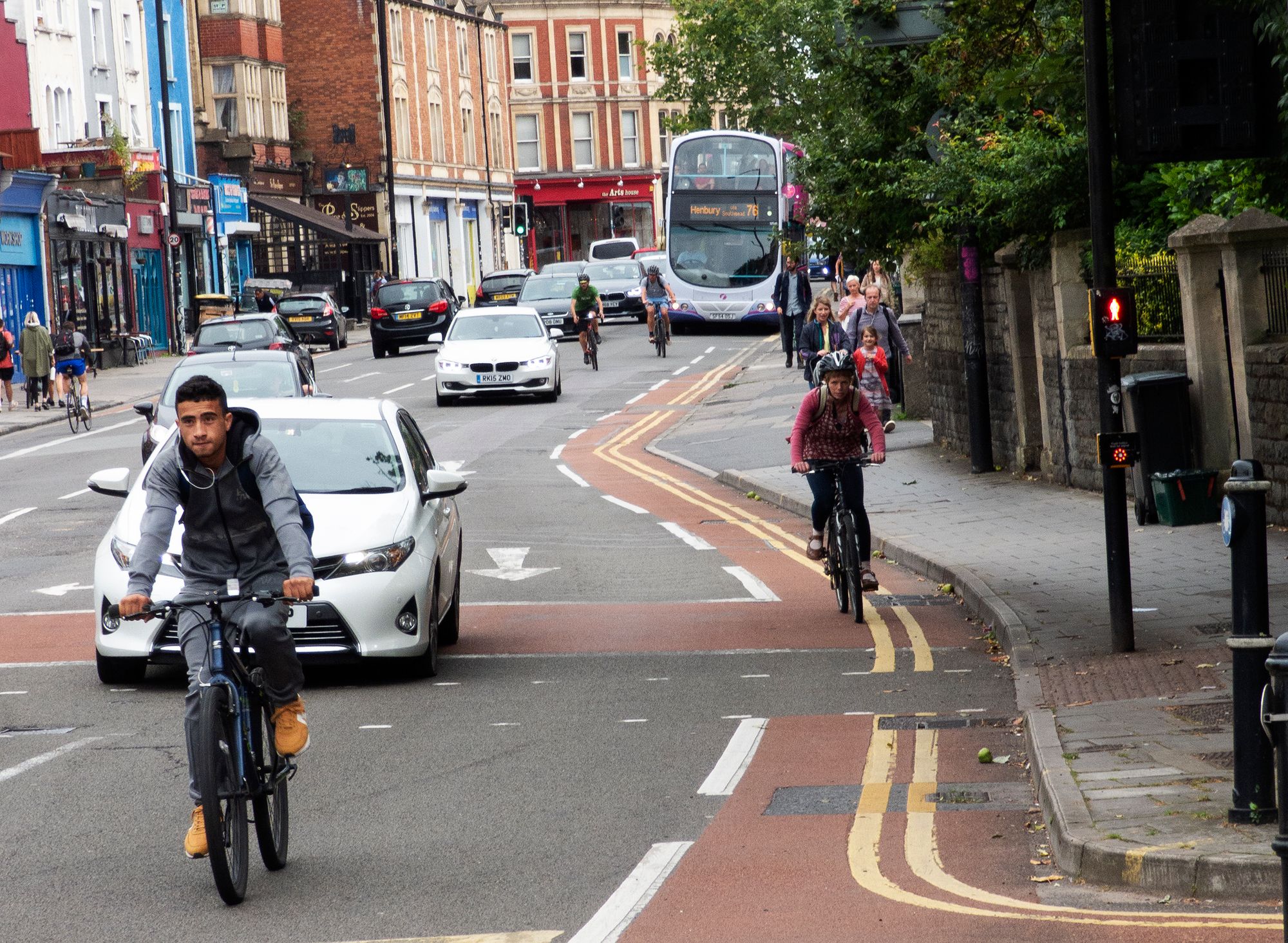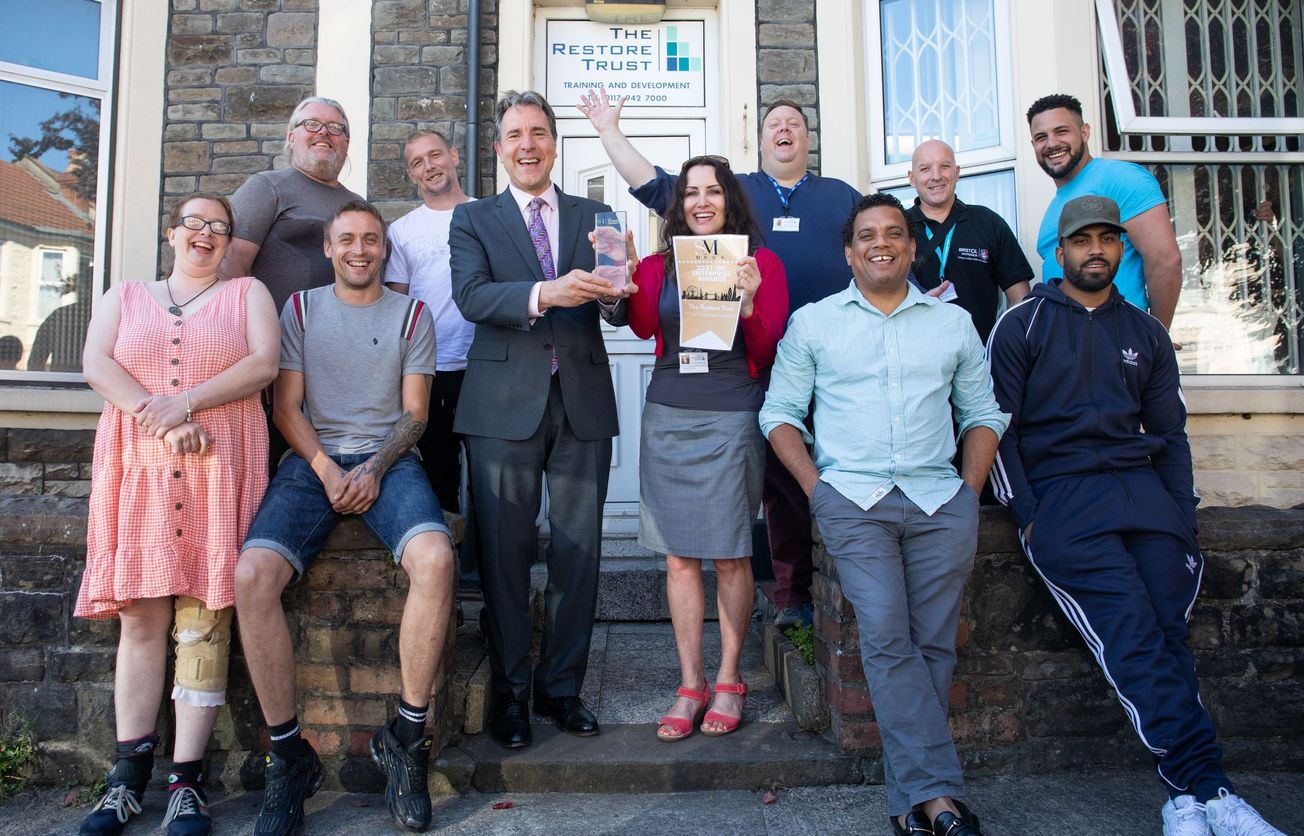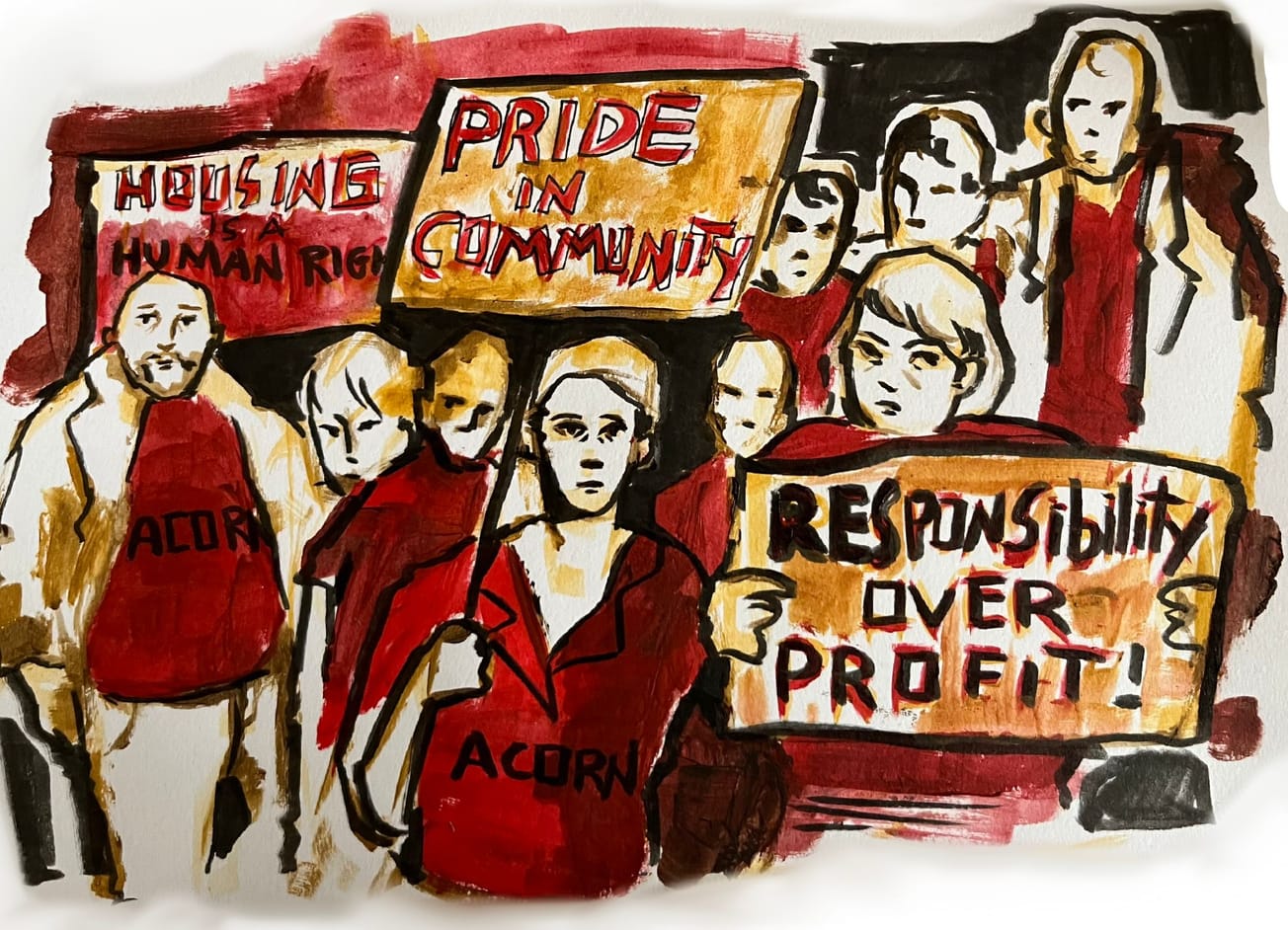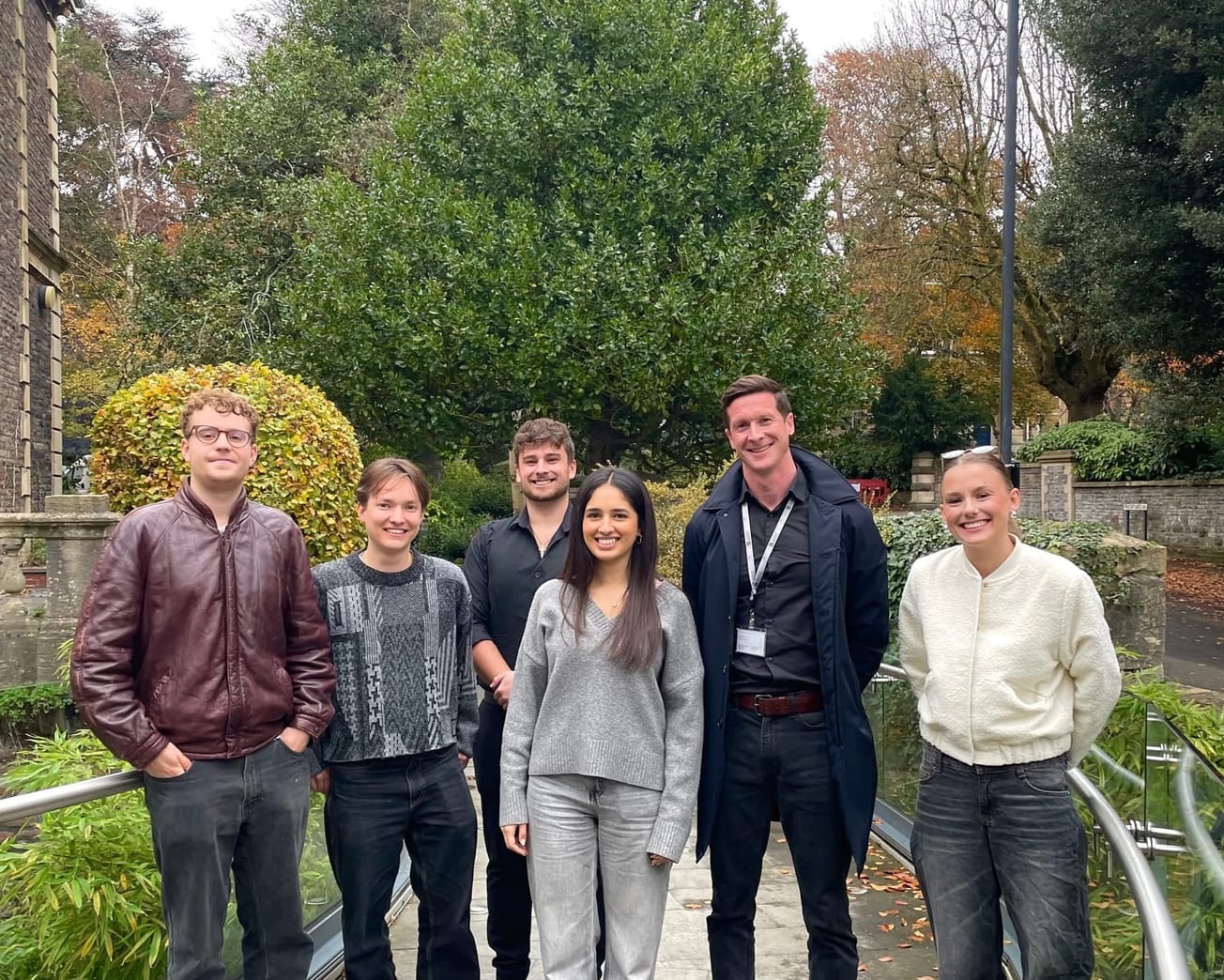By Juliette Dudley, Fourth Year Hispanic Studies
When Gloucester Road comes to mind, the first thing we think about probably isn’t HM Prison Bristol, which houses around 500 men. But behind the independent shops and quirky cafés, social enterprise The Restore Trust and charity The Key: Unlock Potential are working to provide transitional paid employment for ex-offenders.
The idea was born five years ago by CEO Suzanne Thompson, out of the overwhelming fears of ex-offenders regarding returning to life outside of prison and tackling the barriers that face them. Prison leavers face not only stigma when trying to re-enter the workforce, but without adequate references or a CV they are often hindered from reaching their full potential. Finding stable accommodation in a supportive environment also contributes to their fears of ‘not being good enough’, Suzanne told Epigram.
“It’s in prison where grief, remorse, shame and the guilt have to be confronted.”
— Channel 4 News (@Channel4News) May 19, 2022
Peter Dawson, director of the Prison Reform Trust, tells @fatimamanji rehabilitation programmes in prison can help “put a life back on track.”https://t.co/OfzDKarB3u
‘Significant numbers of prison leavers have the same aspirations as everybody else. They want to have a stable family, a stable job and to be able to provide. But often these opportunities aren’t very forthcoming because of their criminal convictions and because of the fact that for whatever reason, life opportunities haven’t been as good or as kind or as open to them’.
Working with ex-offenders to tackle those initial barriers, The Restore Trust provides access to holistic support, such as housing, employment, healthcare, transport and food. These hurdles are the physical embodiment of the stigma towards ex-offenders, but what we don’t always see is how it manifests mentally. When speaking with Suzanne, she stressed the importance of mental health care provisions, alongside holistic support: ‘Because their perceptions in their minds were that they couldn’t do these things, because of all of these issues, we had to address that first. We had to work with them first to build up their confidence’.
‘I wanted to challenge my own biases in conversing with Suzanne, knowing that I, like many others, pay lip service to wanting to support ex-offenders’
Suzanne touched on how early experiences of trauma can impact behavioural patterns, explaining the necessity of providing well rounded support to prison leavers. For her, this type of transitional work is so important to the rehabilitation process because it allows ex-offenders a chance to tackle their immediate fears and adjust to the working day in a safe and rewarding environment. When a bad day doesn’t affect the next, they can regain that sense of self belief and confidence. Having come from a low-income background as the daughter of a Hungarian refugee, Suzanne has firsthand experience of the massive impact social work can have—it was a ‘springboard for me to gain some confidence and self-belief that actually I could do more’.

The Key Charity hopes to raise £150,000 by March 2023 and to open The Key Café in the autumn. The not-for-profit café will act as a commercial vocational employment experience, offering paid transitional employment to recently released ex-offenders and prisoners released on Temporary Licence as just one part of their rehabilitation. Placements will ideally last between three and six months, providing ex-offenders with enough time to gain the skills and competencies needed for the working world. This project is one of the first of its kind—most opportunities are voluntary, but by offering paid placements Suzanne hopes that ex-offenders will feel that they, and their work, are valued. Especially as the cost of living surges, remuneration can have a massive impact.
‘I now realise that I had been ignoring the prefix “ex” in the term “ex-offender”’
I wanted to challenge my own biases in conversing with Suzanne, knowing that I, like many others, pay lip service to wanting to support ex-offenders. Suzanne pointed out that looking at the figures encourages us to offer quality and effective rehabilitative support: in comparison to the £48,000 chunk of taxpayer money it costs to imprison an inmate for a year, the £150,000 that The Key aims to fundraise to open the café seems like a favourable alternative.
‘Stable accommodation and employment are two of the most significant factors to reduce reoffending—so why wouldn't we support someone trying to get stable accommodation and employment?’—Suzanne stressed the importance of rehabilitation in reducing reoffending, as repeated reconviction deprives ex-offenders of a proper second chance. Prison Reform Trust reports that more than 44 per cent of adults are reconvicted of another offence within one year of release, yet short prison sentences are less effective than community sentences at reducing reoffending.
Although I was initially apprehensive at the idea of going into a café and being served by someone who I knew had committed a crime, I now realise that I had been ignoring the prefix ‘ex’ in the term ‘ex-offender’. The café will be at the forefront of creating social change in Bristol, using a huge untapped workforce to encourage members of the public to challenge their own outdated perceptions and stereotypes.
The devastating impact of Covid-19 on local businesses in Bristol
Getting involved in charity work at university
‘Reoffending and victims: if we all take responsibility around it, we can have a direct impact in reducing that’. Both attached to the prison and visible in the hubbub of Bristol’s Gloucester Road, I hope that The Key Café will dispel the common ignorance shown towards prisons and their inmates. Often easy to ignore and uncomfortable to show empathy towards, The Key are giving ex-offenders the time and opportunities to repair and restore their lives.
If you would like to find out more about supporting The Key you can get in touch by email info@thekeycharity.com
Featured Image: West of England Combined Authority / Suzanne Thompson








